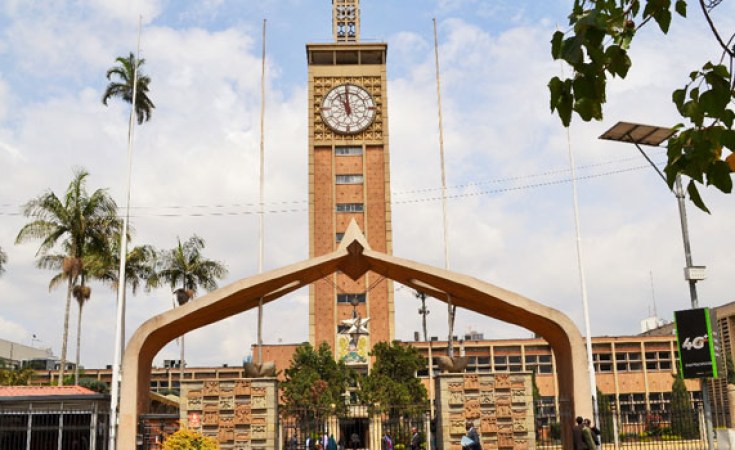A covert maneuover has emerged, shedding light on the inner workings of the Kenya Kwanza government's efforts to shield Agriculture Cabinet Secretary Mithika Linturi from impeachment, thereby averting potential disgrace for the Ruto administration.
This revelation exposes alleged clandestine activities and a meticulously coordinated strategy aimed at safeguarding Mr Linturi.
The report by the committee is set to be tabled in the plenary but sources with the knowledge of the matter say the CS has been absolved from all the charges that had been levelled against him.
Claims have surfaced indicating that MPs involved in the investigation may have been influenced with bribes to protect the embattled CS.
Last week, an 11-member committee tasked with probing the impeachment case voted in favour of sparing Mr Linturi, purportedly following directives from State House.
Seven MPs, predominantly from the ruling regime, endorsed the government's directive, granting Mr Linturi a reprieve after the fertiliser scandal imperiled his public service career.
Reports suggest committee members may have been incentivised to vote against impeachment to shield Mr Linturi, who faced the prospect of becoming the first cabinet member in Kenya's history to be impeached.
The motion, spearheaded by Bumula MP Jack Wamboka and backed by 149 MPs, accused Mr Linturi of grave constitutional and legal transgressions, as well as gross misconduct.
Mr Wamboka lamented the covert dealings within the committee, casting doubt on the integrity of the process.
Initially dismissing reports of counterfeit fertiliser circulation as media fabrications, Mr Linturi's stance clashed with President William Ruto's stern warnings against fraudulent suppliers, exposing a lack of coherence within high-ranking officials on a matter crucial to food security.
Agriculture Principal Secretary Paul Ronoh's decision to temporarily halt fertiliser distribution in March added another layer of complexity, despite the Agriculture CS's insistence that counterfeit fertiliser was non-existent in the country.


